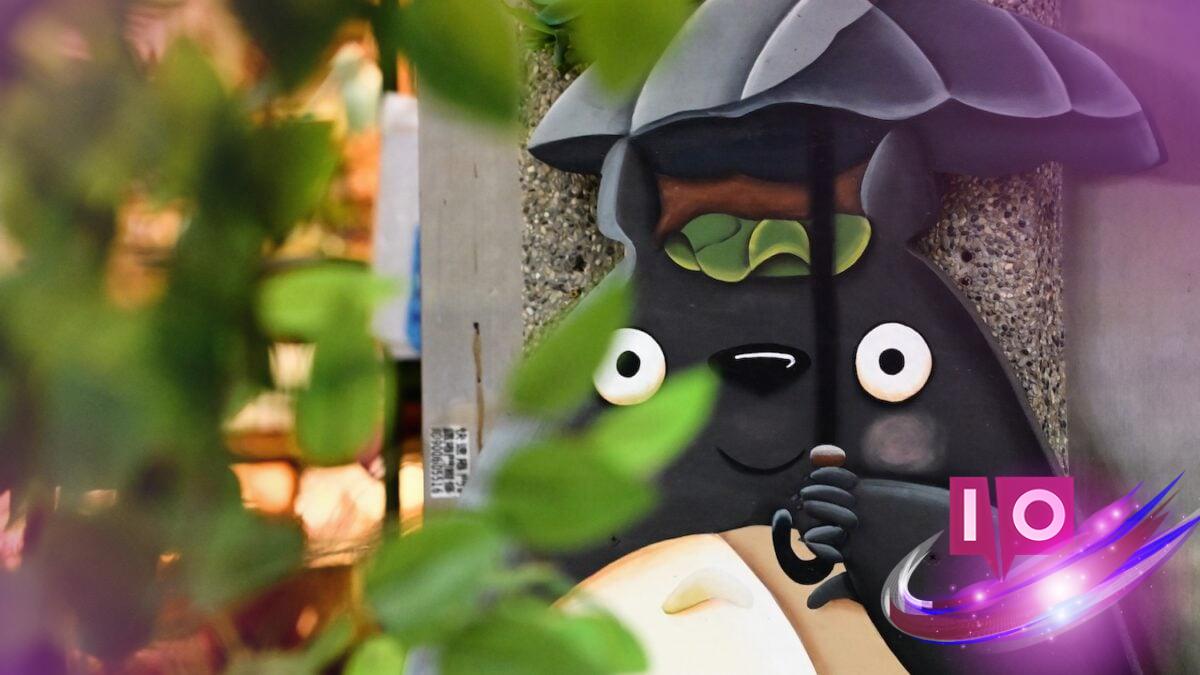In a significant move for the creative industry, a prominent Japanese trade organization composed of influential media powerhouses such as Studio Ghibli, Square Enix, and Bandai has officially raised concerns regarding potential copyright infringements. On October 28, this organization, known as CODA, addressed a letter to OpenAI, clearly outlining their worries about the association between OpenAI’s Sora 2 videos and various “Japanese content.”
This communication makes two specific requests: CODA has urged OpenAI to refrain from utilizing their content as training data without explicit consent, and they also asked for a sincere response from OpenAI when a CODA member files a copyright complaint.
Interestingly, the letter does not contain any explicit demands for immediate action or legal threats, suggesting a more amiable approach to the situation.
Sora 2, the cutting-edge text-to-video model developed by OpenAI, debuted in late September, capturing the attention of AI enthusiasts and creative professionals alike. However, this launch has sparked a wave of discussions, particularly concerning copyright issues. Numerous outputs appeared to closely resemble iconic Japanese media properties such as Pokemon and the video game universes created by Hideo Kojima, as well as some unspecified works from Studio Ghibli.
What’s striking about this scenario is the tone and approach taken by CODA compared to typical copyright claims in the United States. CODA asserts that the resemblance between Sora 2 outputs and Japanese media stems from the incorporation of Japanese content as machine learning data. They argue that when such content is replicated, it may constitute copyright infringement.
Worth noting are the nuances of Japan’s Copyright Act, particularly Article 30-4, which pertains to AI and may provide insights into CODA’s rationale for this measured approach. According to a government fact sheet, “exploitation for non-enjoyment purposes,” like “AI development or data analysis,” is generally permissible without needing consent from the copyright holder.
However, CODA emphasizes the necessity of obtaining prior permission for copyrighted material use, asserting that there’s no provision for sidestepping liability through subsequent objections.
How will this situation evolve as AI technology continues to advance? The potential implications for copyright law and creative industries are vast, and companies are undoubtedly paying attention.
What steps should companies like OpenAI take to avoid copyright issues with creative works? Transparency and collaboration with content creators may be key strategies in paving the way for respectful AI development.
As the landscape of AI-generated content continues to change, maintaining thoughtful dialogue around copyright and permission could provide a roadmap for future developments. It’s vital for creators and AI developers to engage collaboratively in shaping these conversations.
How does the relationship between AI technology and creative ownership affect industries globally? This intersection poses unique challenges and opportunities, requiring all stakeholders to participate actively in defining the future of content creation.
Are there specific cases where AI has successfully navigated copyright concerns? Many tech companies are exploring partnerships with creators to establish mutually beneficial frameworks that respect intellectual property rights while leveraging AI capabilities.
Stay tuned for more updates as this story unfolds. To gain deeper insights into the evolving dynamics between AI innovation and copyright regulations, continue exploring related topics on Moyens I/O.
